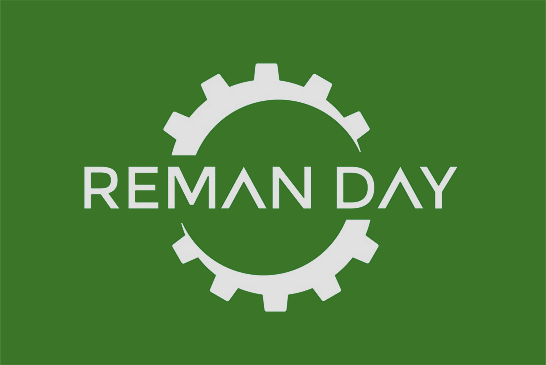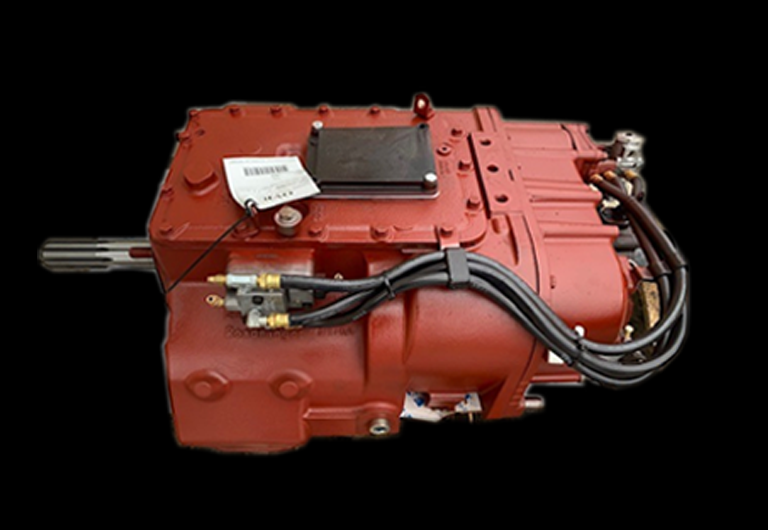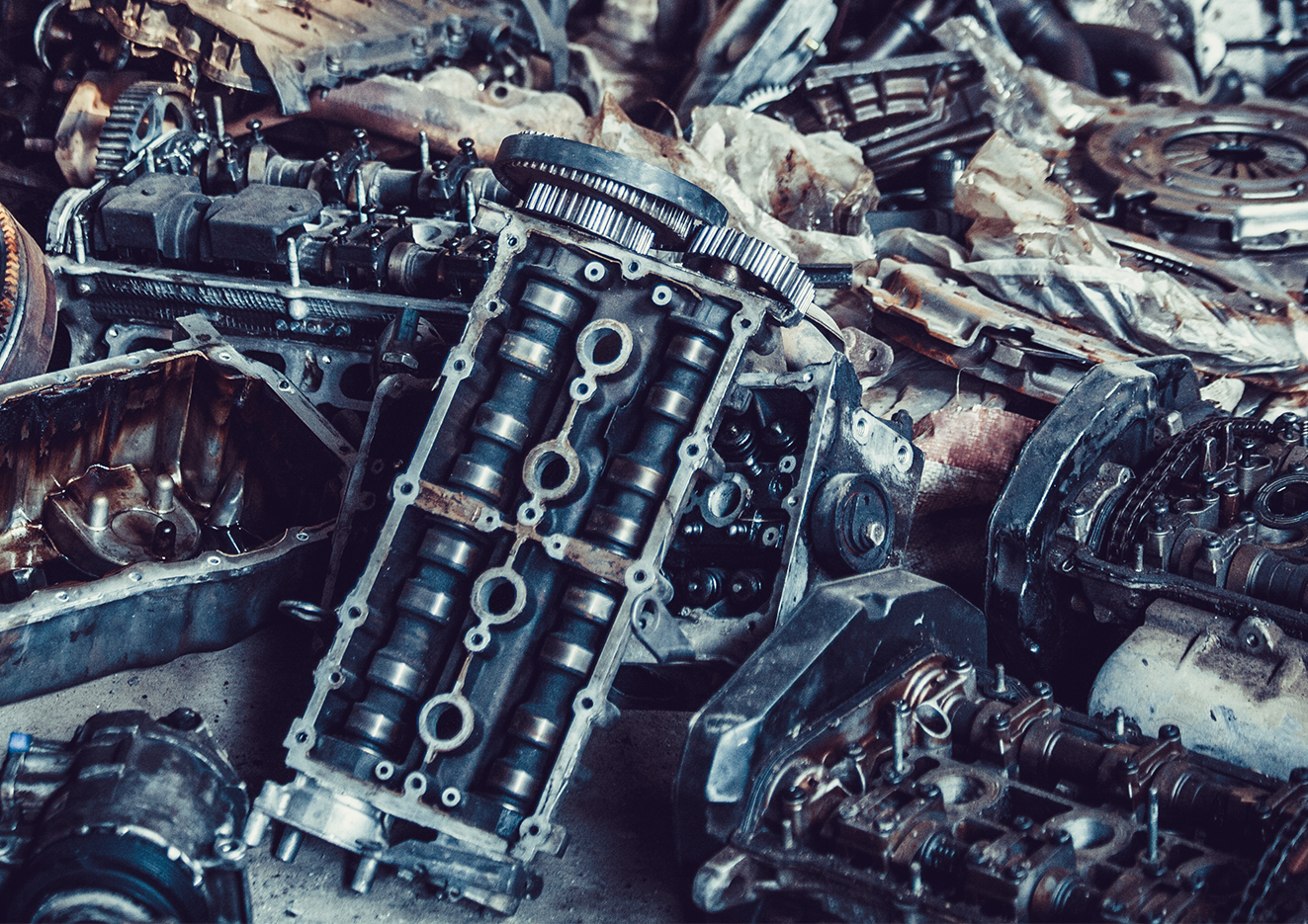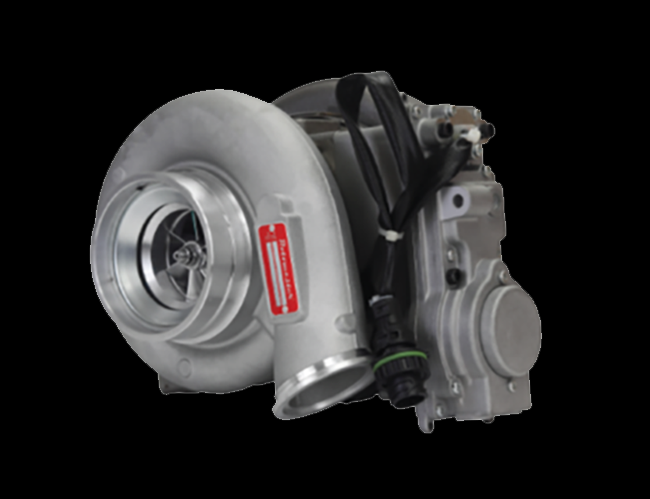Signs of a Failing Turbo
How does a Turbo Charger Work?
The turbocharger has 3 main components:
- Turbine
- Compressor
- Bearing System
The turbine uses the heat and pressure from the engines exhaust gas and converts it to energy, rotating the turbine wheel. The turbine has two parts to it, the wheel and housing. The turbine wheel converts exhaust energy providing power to drive the compressor. The turbine housing collects the exhaust gases from the engine and directs it to the turbine wheel making it rotate.
The compressor raises the intake pressure, allowing the engine to breathe, and enables the cylinders to get extra air. The compressor also increases air density. This allows a higher mass of air and increases the fuel utilization which in return gives more power.
The bearing system is what supports the shaft that connects the turbine to the compressor. The system endures a lot of stress, as the turbine and compressor can reach speeds of 100,000 rpm. If pressure differences occur between the turbine and the compressor, it can lead to a good turbo failing.
Some Symptoms of a Failing Turbo:
- Loss of power
- Excess smoke
- Overheating
- High exhaust temperatures
- Oil leaks
- High fuel consumption
If you are experiencing any of these issues, some things you might want to check for are:
- Dirty air cleaner
- Air leak in feed from air cleaner to compressor
- Blockage of intake manifold
- Blocked air duct from compressor to intake manifold
- Blockage in exhaust system
- Gas leak in ducting after turbine
- Exhaust manifold broken, or gaskets damaged
- Wastegate mechanism faulty
- Burnt valves or pistons
- Fuel injection pump in wrong setting
- Leaking hose
- EGR valve clogged
- Blockage of engine crankcase breather
For further information regarding repairs for turbo issues, you should contact your mechanic. Also, check out our inventory.








